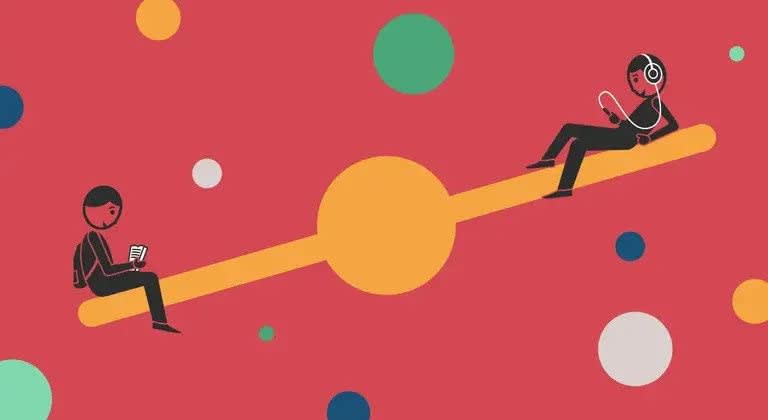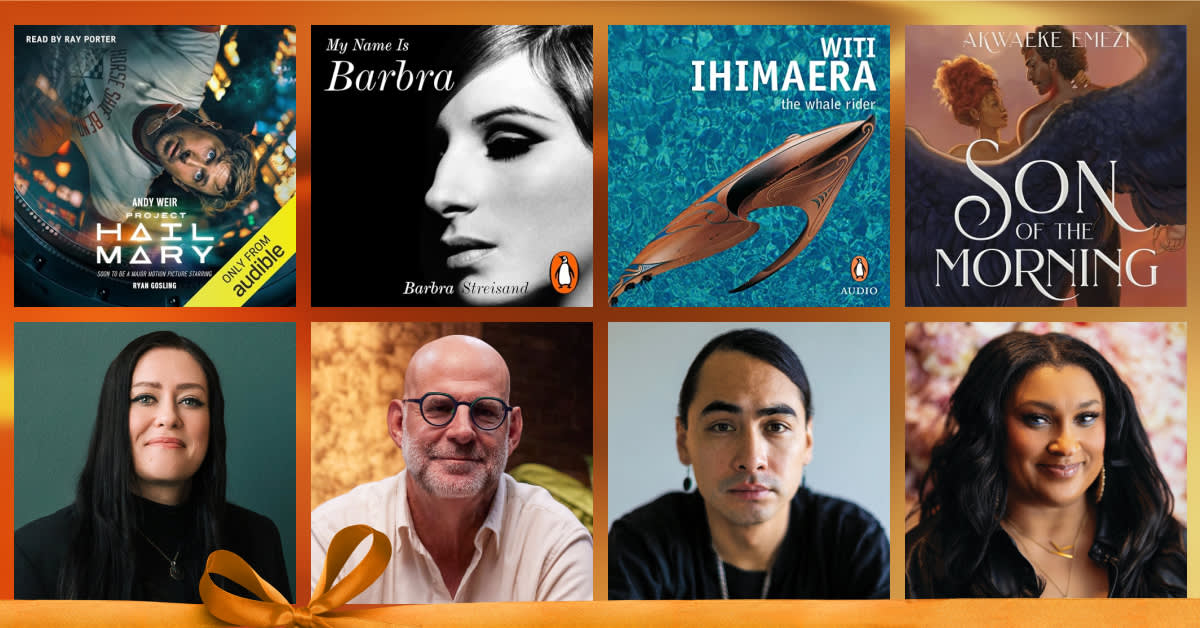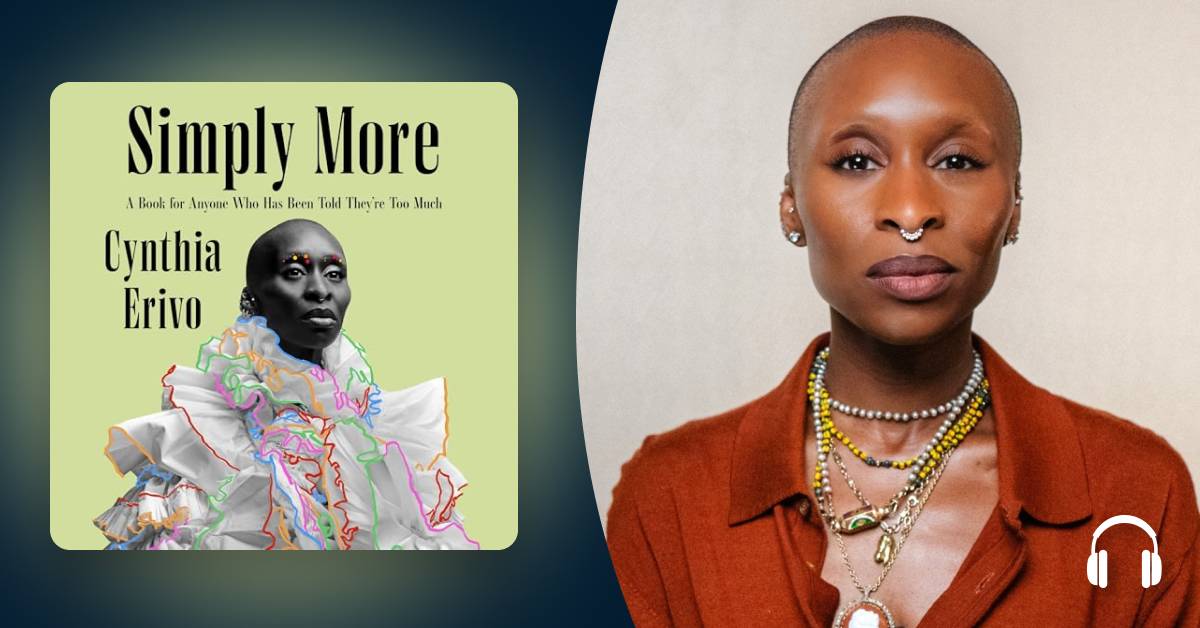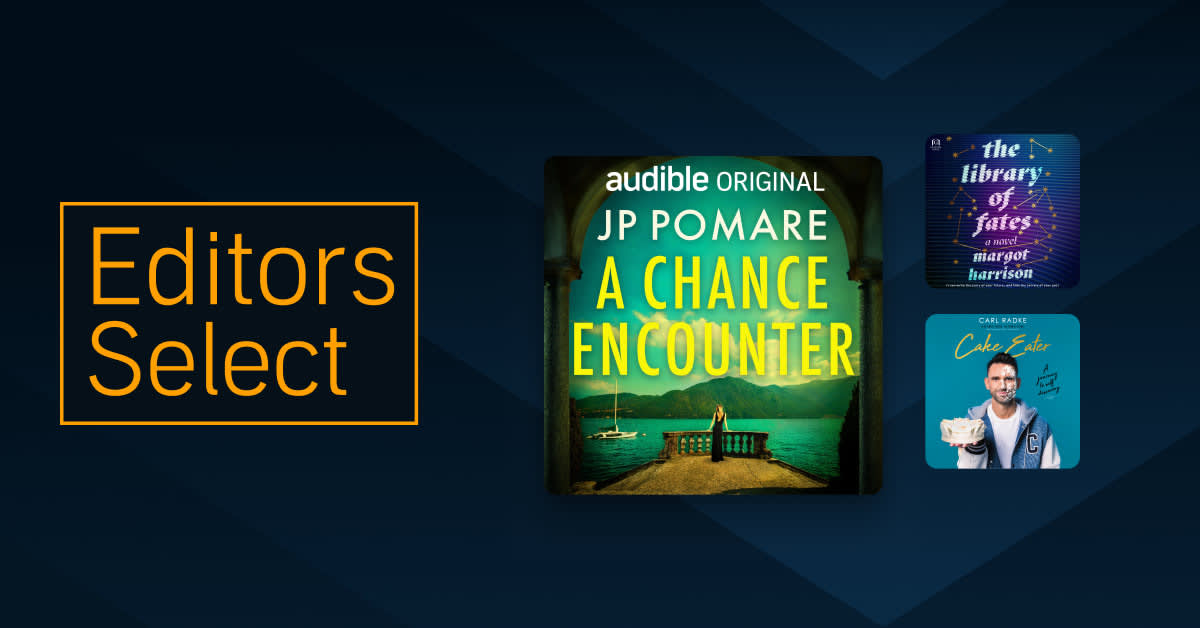With many bestselling authors releasing their latest titles simultaneously as physical books and audio versions, the choice is yours, whether your preference is to thumb through the pages or stream the digital version to your preferred device.
While many see reading to be the purest way of consuming a story, for many years before books became the norm, people would gather to hear storytellers around campfires, at market places or in royal courts.
Skipping forward a few thousand years, the growth of podcasts (or ‘audioblogging’ as it was known in its early days) has helped long-time fans of reading books become more attuned to the spoken word, leading to a notable impact on audiobook popularity.
But does the format actually make a difference to the engagement with a story? Can listening vs reading help you make sense of a complex storyline? Does a physical book enhance the reading experience? Does it really matter, as long as you’re getting enjoyment out of it?
Can listening to audiobooks help with reading comprehension?
There are numerous tests that have been conducted to try and ascertain this. Some look at the psychological reactions (how the brain behaves emotionally) and others take into account more physiological elements (how the body behaves, such as heart rates and temperatures).
The common theme between the tests appears to suggest that, as individuals, we tend to respond similarly, regardless of how we’re absorbing a narrative, but that each person has a unique response. That means that, if you get tense as a tightrope when listening to thrillers, or become heavily invested in romance novels, that would be the case whether you’re reading or having the stories read to you.
There’s a lot of complex neuroscience that sits behind this, but the basic explanation is that regardless of whether the messages come in through the eyes or the ears, it all ends up being analysed by the same cognitive and emotional areas of the brain.
While consciously people may state a preference in one format over the other because it keeps their attention better, or improves their empathy for the characters, or helps them be more present in the scenes, the physiology would tend to suggest that it doesn’t really make a difference.
Testing audiobook vs reading retention
Next time you’re getting together with your book club, why don’t you run a test? Set up half the group with physical books and let the other half take in the audio version. You could even break out into thirds and test one group on a movie or TV adaptation of the chosen book, or four groups and put ereaders into the mix as well.
After everyone has consumed the story, get back together for a quiz covering the plot and characters. Did one group perform noticeably different from the others? Did they pick up on any different elements or miss anything that they may have got a better comprehension of from another format?
This may not be the most robust experiment ever conducted, but it gives you a good indication of whether there are any differences in how we retain information. If you did something similar over the course of a few months, mixing up the groups and trying a variety of fiction and nonfiction titles, it would start to paint a picture from which to draw some conclusions.
There’s an even simpler experiment to try, if you don’t have a group of people to cajole into taking part. If you have access to a heart rate monitor or activity tracker, strap it on and take in a book, alternately switching between chapters from the physical book and the audiobook.
The resulting graphs may not exactly demonstrate your information retention levels, but they will give you an idea of how involved you were in the storyline. Any change in your resting heart rate levels are an indication of some form of engagement in what you’re reading or listening to.
Is listening to audiobooks as good as reading?
This is an incredibly subjective question that relies totally on what you mean by ‘good’. What is it that you value from a listening or reading experience?
If you find curling up in front of a warm fire in your favourite chair with a physical book and a glass of cabernet sauvignon the perfect way to relax, then no amount of scientific evidence on the benefits of audiobooks for story comprehension is going to convince you otherwise.
Conversely, if your main way to take in a book is while multitasking, then there’s no substitute for an audiobook. Whether you’re running, driving, or cleaning, audiobooks are the obvious choice.
It’s becoming more common for the two formats to happily coexist for people, picking and choosing when to engage their eyes and when to engage their ears.




